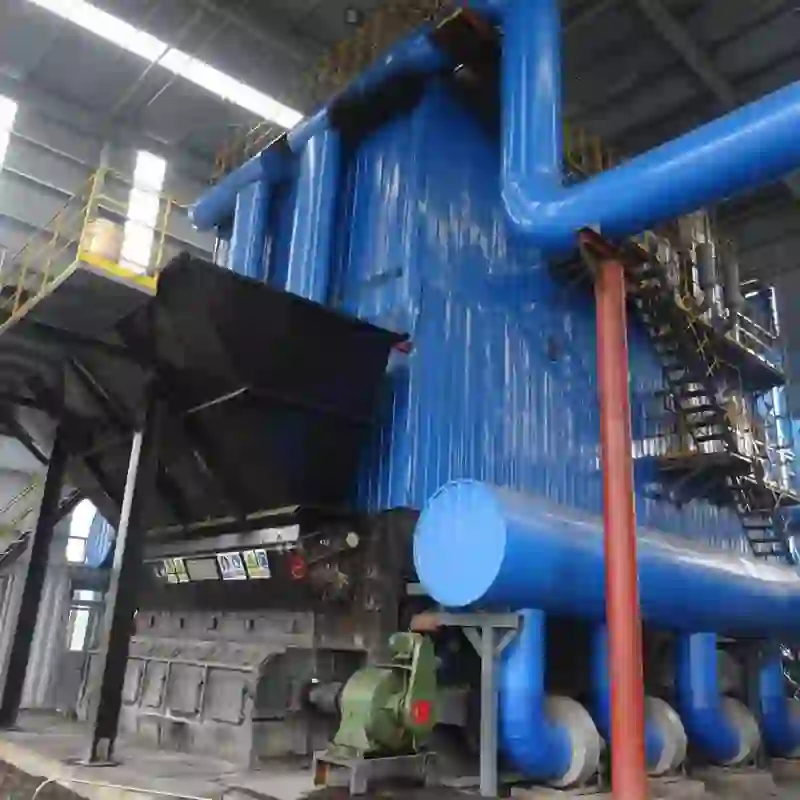
Nov . 09, 2024 21:09 Back to list
Understanding the Operation of Boilers for Hot Water Heating Systems
How Does a Boiler Work for Hot Water?
Boilers are essential components in many residential and commercial settings, providing hot water for a variety of uses, from heating homes to supplying water for cooking and cleaning. Understanding how a boiler works for producing hot water can help homeowners and facility managers appreciate its efficiency and maintenance needs.
At its core, a boiler is a closed vessel that heats water through the application of heat generated by burning fuel or through electrical resistance. The most common types of boilers used for hot water are conventional boilers, combi boilers, and system boilers, each functioning slightly differently but serving the same primary purpose—heating water.
The Basic Components of a Boiler
A typical boiler consists of several key components. These include the pressure vessel, burner, heat exchanger, and controls. The pressure vessel is where the water is kept under pressure, allowing it to reach higher temperatures without boiling. The burner is responsible for igniting the fuel source, whether it be natural gas, oil, or electricity. The heat exchanger transfers the heat from the burner to the water efficiently, while the control system manages the operation of the boiler and ensures safety.
The Heating Process
The process of heating water begins when the thermostat calls for heat. The boiler’s control system activates the burner, which ignites the fuel and produces heat. As the burner operates, it heats the water in the pressure vessel. Depending on the boiler type, hot water may be stored in a separate tank or circulated directly to the tap.
how does a boiler work for hot water

In conventional boilers, water is heated in a storage tank and kept at a set temperature, ready for use. The size of the tank can greatly influence how much hot water can be accessed at once. In contrast, combi boilers provide hot water on demand, which means they do not require a separate storage tank. They heat water directly as it flows through the unit, making them a space-saving option for smaller homes.
Delivery of Hot Water
Once the water has reached the desired temperature, it is delivered to the taps in a home or building through a system of pipes. The pressure within the boiler helps to push the hot water through the pipes to where it is needed. In some systems, a dedicated loop circulates hot water continuously, ensuring that hot water is readily available at the tap without waiting.
Safety Measures
Because boilers operate under pressure and handle hot water, safety is a significant concern. Most boilers come equipped with safety valves that release excess pressure to prevent explosions. Additionally, temperature sensors and cutoff switches help to maintain safe operating conditions. Regular maintenance, including inspections and servicing, is crucial in ensuring that these safety features function correctly.
Conclusion
In summary, boilers are vital systems for heating water in residential and commercial settings. Understanding how they work—from the ignition of fuel to the heating of water and delivery to taps—can provide insights into their operation and maintenance. Whether opting for a conventional, combi, or system boiler, knowing how these units work can help users make informed decisions on the best systems for their needs, as well as emphasize the importance of regular maintenance to ensure safety and efficiency.
-
High-Efficiency Commercial Oil Fired Steam Boiler for Industry
NewsJul.30,2025
-
High-Efficiency Biomass Fired Thermal Oil Boiler Solutions
NewsJul.30,2025
-
High Efficiency Gas Fired Thermal Oil Boiler for Industrial Heating
NewsJul.29,2025
-
High-Efficiency Gas Fired Hot Water Boiler for Sale – Reliable & Affordable
NewsJul.29,2025
-
High Efficiency Biomass Fired Hot Water Boiler for Industrial and Commercial Use
NewsJul.29,2025
-
High-Efficiency Biomass Fired Hot Water Boiler for Industrial Use
NewsJul.28,2025
Related PRODUCTS






















